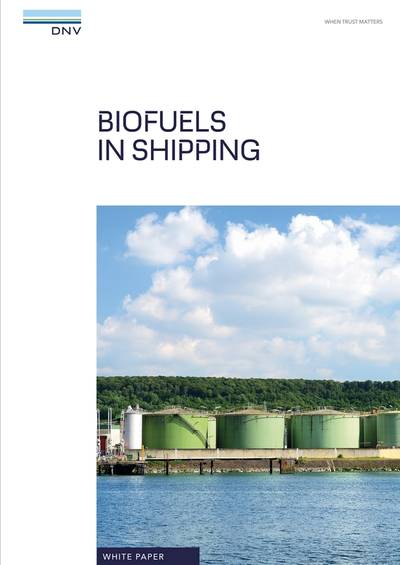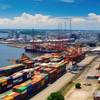Shipping's Uptake of Biofuels Likely to be Challenged by Scarcity of Supply
DNV's latest white paper “Biofuels in shipping” finds that the flexibility of biofuels can enable the shipping industry to accelerate its journey towards decarbonization, but current limitations in production capacity may impact short-term supply and create stiff competition with other sectors.
The current global production capacity of sustainable biofuels is around 11 million tonnes of oil equivalent (Mtoe) per year. DNV estimates that the limit for the global sustainable and economical biofuel potential lies between 400 – 600 Mtoe per year in 2030, after converting biomass to biofuel assuming a 50% conversion efficiency. These estimates are lower than some, including IRENA’s 2022 estimates and the IEA’s 2021 estimates, because DNV has applied strict sustainability measures in line with the EU’s Renewable Energy Directive II (RED II) which sets out criteria for sustainable biomass production, including the protection of high-carbon stock forests and the avoidance of negative environmental impacts.
DNV predicts that a sustainable and economically viable supply of biofuels, ranging from 500 to 1,300 Mtoe annually, can be achieved by 2050. However, to fully decarbonize shipping using biofuels, in combination with energy efficiency measures, an annual supply of 250 Mtoe of sustainable biofuels is required by 2050. This would represent 20-50% of potential global production.
Regulatory developments, such as The EU Emissions Trading System (EU ETS), present a strong incentive for embracing biofuels, making both biofuels and biomass highly sought after by various sectors. These resources are also currently being used in cooking, water and space heating, as well as timber and pulp and paper production, posing some challenges to production capacity and availability.
As a result, DNV concludes that biofuels are unlikely to be the only solution to shipping’s goal of transitioning to zero GHG emissions in the future.













